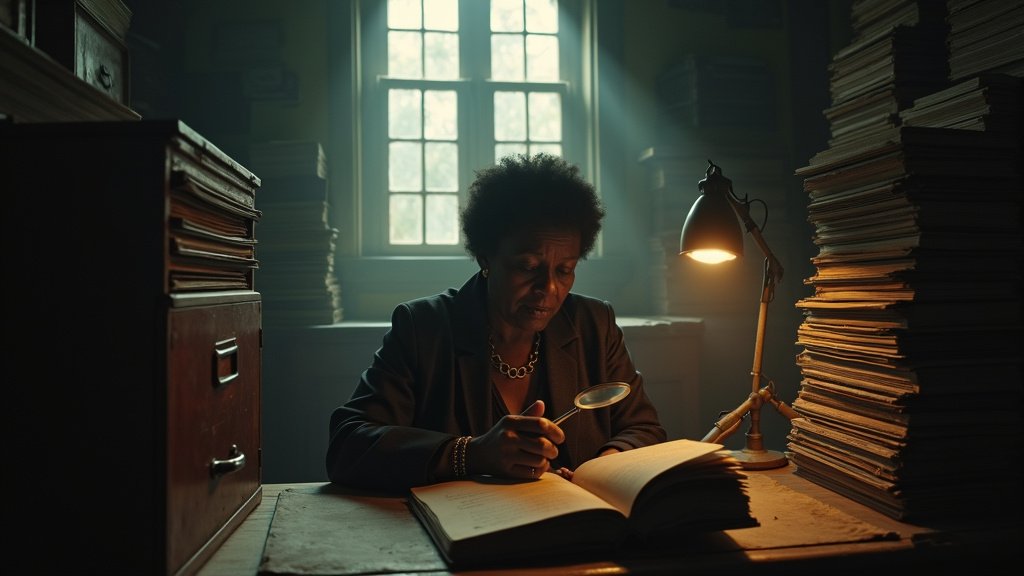Kingston, Jamaica – Jamaica’s Ministry of Culture, Gender, Entertainment and Sport is embarking on a significant initiative to address the long-standing issue of unclaimed posthumous royalties owed to the nation’s artists and songwriters. Spearheaded by Minister Olivia Grange, the move aims to identify, consolidate, and potentially reinvest these dormant funds to foster the growth and sustainability of the Jamaican music industry.
Addressing a Persistent Challenge
The core of the initiative stems from a critical problem plaguing the music sector: substantial sums of royalties designated for deceased Jamaican artists and songwriters remain unclaimed. Minister Grange recently disclosed during the ‘Music Mastery: Empowering The Sound Industry’ workshop that major record companies hold these funds because beneficiaries or their estates cannot be located or properly identified. “The major record companies, they all have funds; they have royalties where they cannot find a number of Jamaicans who are entitled to those royalties and, in some instances, the artiste [and] songwriter, they have passed on and they don’t know who their estate is,” she stated.
Collaboration with Industry Leaders
To tackle this complex issue, the Ministry is actively collaborating with key industry stakeholders. A notable partnership involves Chris Blackwell, the visionary founder of Island Records, a label intrinsically linked to the global popularization of Jamaican music. This collaboration will facilitate research to pinpoint the exact quantum of funds held by record companies for Jamaican practitioners, songwriters, and former recording artists.
Once this vital information is gathered, the Ministry plans to negotiate an arrangement where these unclaimed funds can be pooled. The ultimate goal is to establish a structured system for identifying rightful heirs or, for funds that are definitively unlikely to be claimed, to channel them back into the industry for crucial development projects. This strategic reinvestment is seen as a vital step to support and enhance Jamaican music’s global presence and local infrastructure.
Historical Roots of Royalty Shortfalls
The challenge of unclaimed royalties is not new to the Jamaican music landscape. For decades, many of Jamaica’s pioneering and legendary artists have faced difficulties in collecting the full compensation due for their work. Reports from as far back as 2012 highlighted millions of dollars in unclaimed royalties for Jamaican artists in countries like France, often attributed to a lack of understanding regarding intellectual property rights and proper registration processes. Even contemporary discussions reveal ongoing legal battles, such as reggae veteran Horace Andy’s claims of not receiving royalties for over 40 years from Trojan Records UK, underscoring the persistent nature of these financial discrepancies.
Furthermore, Jamaica’s legal framework has faced scrutiny for delays in fully implementing international treaty obligations concerning performers’ rights. While Jamaica is a signatory to global intellectual property treaties, legislative updates have been slow, impacting the ability of local collecting societies like JAMMS and JACAP to efficiently manage and distribute royalties, particularly those earned from international markets. Statistics from previous years indicate that a significant majority of royalties collected by Jamaican entities were expatriated to overseas copyright holders, highlighting an imbalance in the financial ecosystem of Jamaican music.
Implications for Jamaica’s Music Sector
This proactive stance by the Ministry of Culture, Gender, Entertainment and Sport represents a pivotal moment for Jamaican music. By seeking to recover and reinvest these dormant funds, the initiative aims to provide tangible benefits directly to the industry’s development. Potential uses for the pooled resources could include funding for music education, artist development programs, infrastructure improvements, and support for emerging talent. This move is expected to empower creators, ensuring they and their estates are properly compensated, thereby fostering a more equitable and sustainable music economy in Jamaica.
The news signals a renewed commitment from the government to safeguard the economic contributions of its artists, reinforcing the global impact of Jamaican music while building a stronger foundation for its future. The focus on reclaiming these financial resources is a critical step towards ensuring that the creators of Jamaica’s rich musical heritage receive the recognition and remuneration they rightfully deserve.

